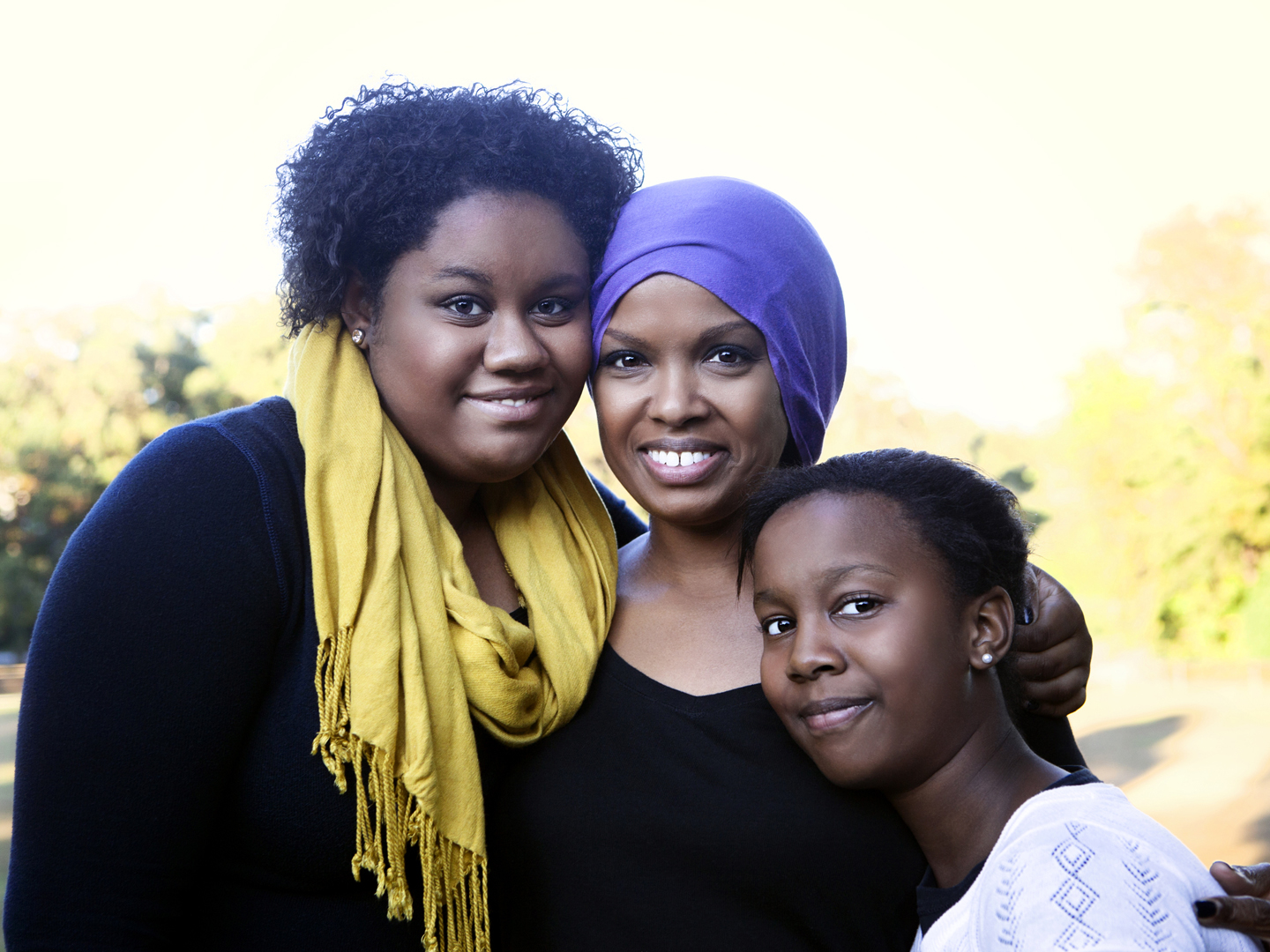Who Is a Cancer Survivor?
I recently was diagnosed with cancer, and I’m concerned that the word “survivor” seems to refer only to those who are in remission. I believe I am surviving cancer on a daily basis. What are your thoughts on this survivorship issue, and what kinds of integrative therapies are available to me during treatment?
Andrew Weil, M.D. | June 1, 2007

Originally published 6/04/2004.
What better time to address this issue than National Cancer Survivors Day (held this year on June 3)? I share your frustration about the way conventional medicine identifies survivors as those who are in long-term recovery when, in fact, from the moment of diagnosis, everyone touched by cancer is in survival mode. This is true not only of patients, but also their caregivers, family members, and loved ones.
Survival begins as new cancer patients first confront the suspicion of the disease, and continues as they undergo the testing, diagnosis, treatment and prognosis. Their emotions can vary from fear to loneliness. There often is a sense of approaching mortality, and feelings that they’ve lost control over their lives, as well as confusion in interpreting medical information.
I applaud you for staking out your ground as a survivor from the outset, and I’m sure that your conviction is shared by millions all over the world. As far as therapies to complement your cancer treatment are concerned, you have wide choices.
- Meditation and Mind-Body Medicine: Explore mind-body techniques such as guided imagery, meditation, and energy medicine modalities such as Therapeutic Touch and Reiki.
- Stay Active: Regular exercise is an essential part of maintaining good health. Engage in gentle exercise (yoga is a good choice) as often as you can.
- Nutrition: Eat lots of fresh (organic, if possible) fruits and vegetables (consider juicing to increase serving size without feeling too full); drink several cups of green tea daily (for its cancer protective and antioxidant effects); and eat foods rich in Omega-3 fatty acids (walnuts, ground flaxseeds and cold-water fish such as wild Alaskan salmon and sardines). Always discuss changes in your diet with your physician.
- Seek Support: Join a support program for people with cancer. The inspiration and hope you’ll find there is priceless.
- Have Faith: Don’t underestimate the role of your spiritual being in the healing process.
You might also check into retreat centers for those living with cancer. Two that I recommend are Commonweal in Bolinas, Calif., which offers week-long cancer help programs, and the Sunstone Cancer Support Centers on the outskirts of Tucson, Ariz., which offers three- to five-day intensive healing retreats designed for adult survivors and their partners, caregivers, healthcare professionals, children and teens.
For more information on complementary and alternative treatments for cancer see the book “Choices in Healing” by Michael Lerner, Ph.D., or consult the Moss Reports (visit www.ralphmoss.com or www.cancerdecisions.com).
I wish you the best, and encourage you to share your convictions with fellow survivors. Passion can be contagious and therapeutic!
Andrew Weil, M.D.










